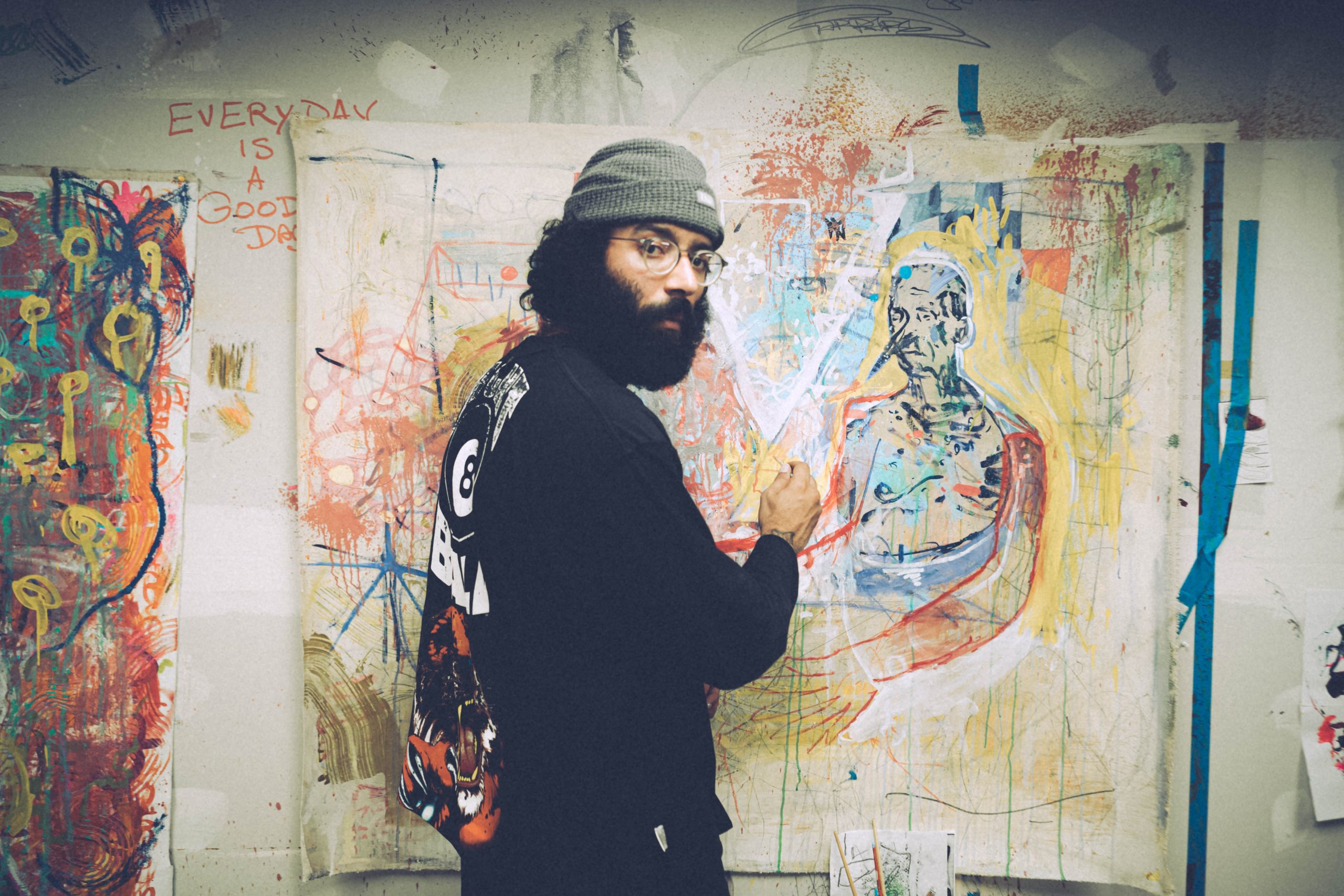Employment Challenges in the Tourism Sector: Expert Insights on Overcoming Them
The tourism sector, known for its dynamism and significant contribution to the global economy, faces a series of challenges regarding employment. From personnel shortages to high staff turnover, these obstacles can hinder industry growth and service quality. What do experts say about overcoming these challenges? Personnel shortages: a global challenge According to a recent report by the World Tourism Organization (UNWTO), the tourism industry is grappling with an alarming shortage of personnel worldwide, with an estimated gap of millions of vacant positions. This situation, exacerbated by factors such as an aging workforce and the lack of adequate training programs, poses a significant challenge for employers in the sector. Caroline Benard, an expert in hotel management, points out that the key to overcoming this shortage lies in adopting innovative approaches to hiring and talent retention. Benard emphasizes the importance of establishing partnerships with educational institutions and training programs to foster a stronger and more adaptable talent pipeline to meet the sector's changing needs. High staff turnover: impact on service quality Another challenge facing the tourism sector is high staff turnover, especially in key roles such as managers and supervisors. This turnover not only affects business operational stability but can also have a negative impact on the
How to promote the orange economy in communities
Have you ever wondered how to promote creativity and entrepreneurship in a sector that can transform the reality of a region? The answer lies in the fascinating and promising orange economy, a concept that is revolutionizing the way we see and approach economic and social development. But what exactly is the orange economy or creative economy? It is the set of economic activities based on creativity, culture and knowledge. Creativity and entrepreneurship are fundamental pillars of the orange economy and play a vital role in the development of communities. This time, I would like to present some examples of innovative projects so that you can be inspired, harness talent and transform it into a source of economic, social and cultural development. Pietà Project (Peru): It is a high-quality ecological urban clothing project, which is made by men and women from prisons in Lima. Prisoners who are part of this project can receive a reduction in their sentence and a percentage for the sales of the brand. Trash to Art (Brazil): This project transforms recyclable materials into works of art and unique products. Citizens collect and recycle materials such as plastic, glass, and paper to create sculptures, jewelry, and other art objects that are later


